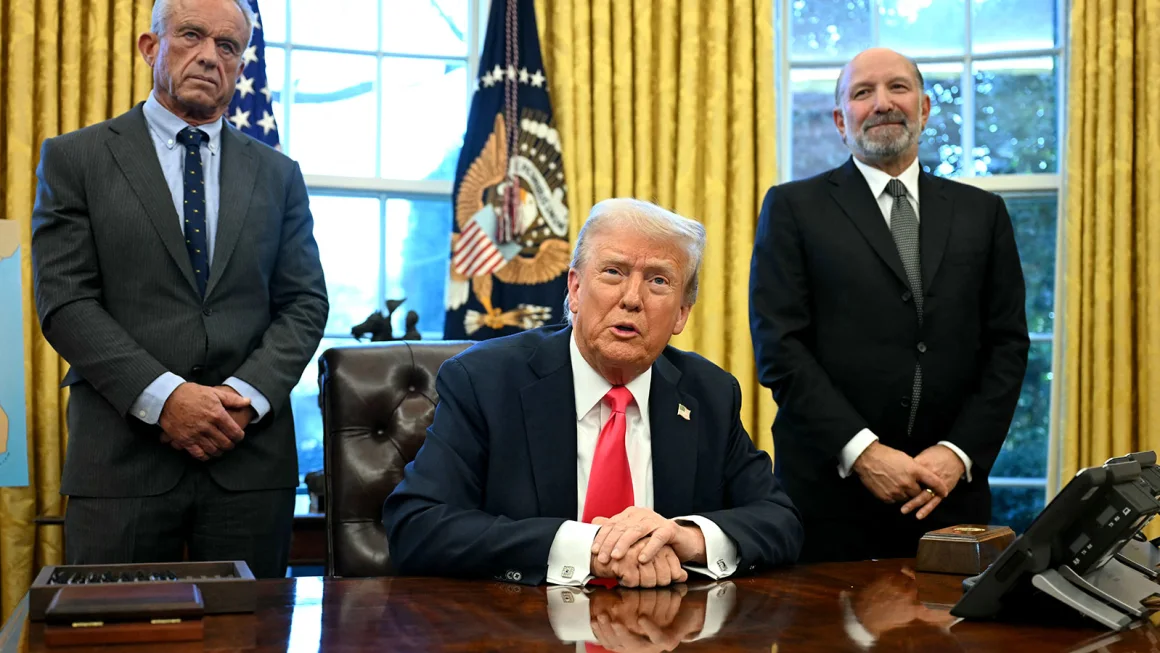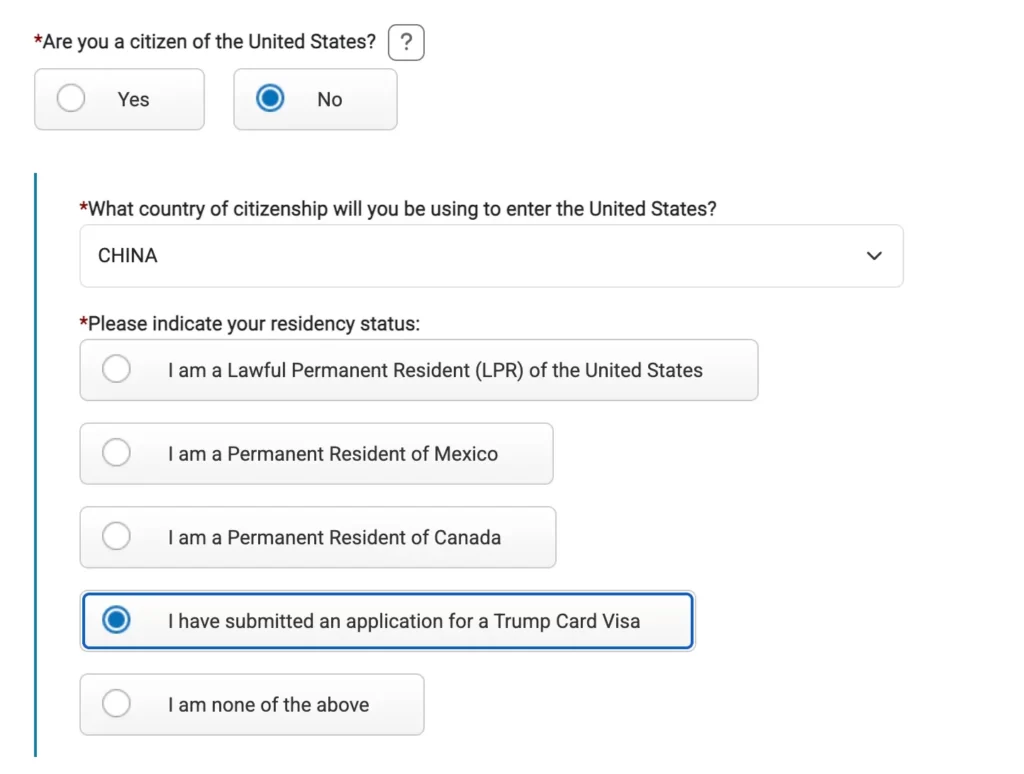
Trump Card Visa Quietly Appears in U.S. Immigration Forms, Raising Legal Questions
A New Visa Option Emerges Without Official Announcement
In a surprising development, the “Trump Card Visa,” a proposed $5 million investor residency program, has begun appearing in official U.S. immigration forms. This inclusion comes despite the absence of formal legislative approval or a public announcement from the White House, leading to widespread speculation and concern among legal experts and immigration advocates.
The Trump Card Visa: An Overview
First introduced by former President Donald Trump in February 2025, the Trump Card Visa aims to offer U.S. residency and a pathway to citizenship for foreign nationals who invest $5 million in the American economy. The program is designed to attract wealthy individuals by providing benefits similar to the existing EB-5 visa but with a significantly higher investment threshold.
Integration into Immigration Forms
Despite the lack of formal authorization, references to the Trump Card Visa have been integrated into U.S. immigration systems. Applicants for programs like Global Entry are now encountering options to indicate if they have applied for the Trump Card Visa. This integration suggests a level of operational implementation that has not been publicly acknowledged by government officials

Legal and Ethical Concerns
The appearance of the Trump Card Visa in official forms without legislative backing raises significant legal and ethical questions. Immigration laws in the United States are typically established through acts of Congress, and the unilateral implementation of such a program could face legal challenges. Critics argue that this move sets a concerning precedent for bypassing established legislative processes.
Expert Opinions
Legal experts express apprehension about the program’s legitimacy. “Implementing a visa program without congressional approval undermines the rule of law and could face serious legal obstacles,” says an immigration law professor. Advocates for immigration reform emphasize the need for transparency and adherence to legislative procedures in introducing new visa categories.
Potential Impact on Immigration Policy
The Trump Card Visa’s quiet integration into immigration forms may signal a shift in how immigration policies are introduced and implemented. If the program proceeds without formal approval, it could open the door for future executive actions that circumvent traditional legislative oversight, fundamentally altering the landscape of U.S. immigration policy.
Awaiting Clarity
As the Trump Card Visa continues to appear in official immigration documents, the lack of formal authorization and public discourse leaves many questions unanswered. Stakeholders await clarification from the White House and relevant agencies to understand the program’s legal standing and implications for the U.S. immigration system.





